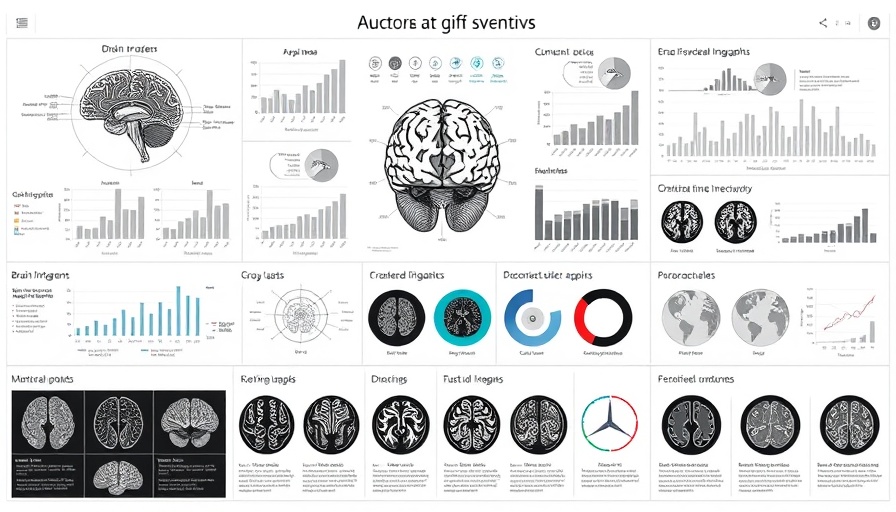
Exploration vs. Exploitation: A Balancing Act
In the complex landscape of human decision-making, our brains follow an intricate dance between exploration and exploitation. This relationship is vital for survival, as it dictates how we balance between familiar comforts and the pursuit of novel opportunities. A groundbreaking study from the Weizmann Institute of Science illuminates how our brains wire their decisions in the face of loss compared to gain, finding that we tend to explore more aggressively when trying to avoid losses. This exploration, often prompted by the fear of adverse outcomes, is a fundamental aspect of human behavior.
Why We Fear Losses More
The concept of loss aversion has long fascinated psychologists and neuroscientists alike. The underlying neural mechanisms driving this behavior were highlighted in a recent study that recorded neuronal activity from epilepsy patients. Researchers found enhanced exploration during loss trials as opposed to gain trials, underscoring how our brains prioritize avoiding negative outcomes. When faced with potential losses, the amygdala—a brain region associated with processing emotions—becomes highly active, compelling individuals to seek alternatives even when a stable gain might be present.
Understanding the Amygdala's Role
The amygdala's pronounced activity in loss aversion scenarios may explain why many individuals experience anxiety and stress in high-stakes situations. In their study, the researchers utilized advanced neuroimaging techniques to monitor neuronal firing in this brain region, shedding light on how this part of the brain shapes our exploratory behavior. Participants demonstrated increased exploration in situations where losses loomed, suggesting that the desire to mitigate losses can lead us to make less accurate choices over time.
Implications for Mental Wellness
Understanding the dynamics of loss aversion offers critical insights into mental wellness. Regular encounters with potential losses can lead to heightened anxiety and stress levels, impacting overall well-being. Moreover, conditions such as PTSD and mood disorders have been linked to maladaptive loss-avoidance strategies. Identifying the neurobiological roots of these behaviors can inform therapeutic approaches, such as cognitive-behavioral therapies, aimed at recalibrating how individuals approach risk and uncertainty in their lives.
Exploring New Strategies for Health and Wellness
This newfound understanding prompts a reconsideration of how we approach wellness, suggesting the importance of strategies that nurture resilience against loss-centric thinking. Incorporating practices like mindfulness, yoga, and natural therapies can help recalibrate our focus away from loss, instead allowing for a more balanced perspective on gains and opportunities. Engaging in community health and wellness events or utilizing natural health products can also support a more robust approach to overall health.
The Bigger Picture: Evolution of Decision-Making
The implications of this research extend beyond personal health. On a wider scale, as societies evolve, understanding the intrinsic fear of loss may play a crucial role in guiding community decisions, ranging from economic strategies to public health policies. Decision-makers can frame initiatives that minimize perceived risks to elicit a more favorable response from individuals, fostering community engagement and health initiatives.
Conclusion: Navigating Life with Perspective
As individuals, recognizing our innate tendencies towards loss aversion can empower us to navigate choices with a more balanced perspective. Armed with insights from cutting-edge research, we can approach our lives with strategies that prioritize exploration, reducing the shackles of fear while enhancing our pursuit of holistic health and wellness.
 Add Element
Add Element  Add Row
Add Row 



Write A Comment